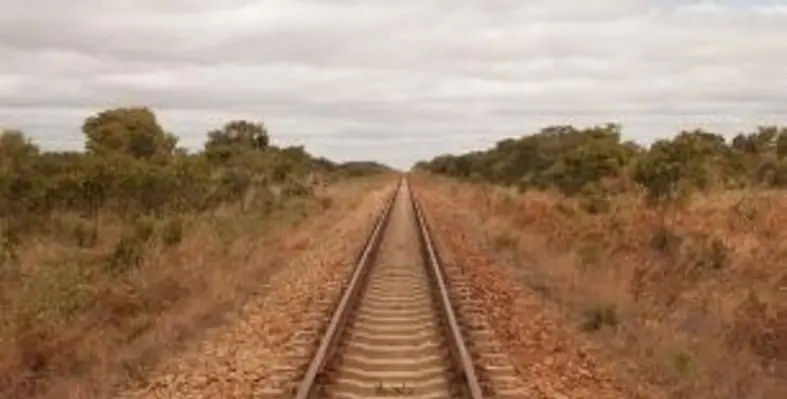The African Development Bank (AfDB) has approved a US$1.2mn grant to Ethiopia’s government to finance a feasibility study for construction of a standard-gauge railway (SGR) link between Ethiopia and neighbouring Sudan
The grant, from the African Development Fund, the Bank Group's concessional-rate lending arm, would cover 35 per cent of the total estimated US$3.4mn cost of the study. The remaining funding will be provided by the NEPAD Infrastructure Project Preparation Facility (NEPAD-IPPF) in the form of a US$2mn grant, and by a contribution of US$100,000 each from the two countries involved. The financing was approved in January.
The two-year, comprehensive feasibility study will assess the proposed project’s technical, economic, environmental and social viability, as well as alternative financing arrangements, including a public-private partnership (PPP).
The railway line will link Addis Ababa in Ethiopia to Khartoum in Sudan, with an extension to Port Sudan on the Red Sea. The route, agreed by both governments, stretches 1,522 km between Addis Ababa and Port Sudan.
According to the document presented to directors of the African Development Fund, the absence of a regional arterial route linking Ethiopia, Sudan and other countries in the Horn of Africa is a brake on trade, development and regional integration. The movement of goods and people between Sudan and Ethiopia often requires the use of several modes of transport, which increases costs and lengthens journey times.
The feasibility study’s findings will be keenly awaited because its implementation would benefit a large proportion of Ethiopia’s 110mn people and 43mn inhabitants of Sudan, as well as populations in the wider region.
The proposed project is aligned with the Bank's Country Strategy Paper 2016-2020 for Ethiopia. It is also consistent with the long-term development goals of the Sudanese Government, as set out in its national 25-year strategy (2007-2031). It also accords with the Bank's Ten-Year Strategy 2013-2022 and the operational priority of infrastructure development. The proposed project also would satisfy four of the Bank's High 5 strategic priorities: Integrate Africa, Feed Africa, Industrialize Africa, and Improve the Quality of Life for the People of Africa.












